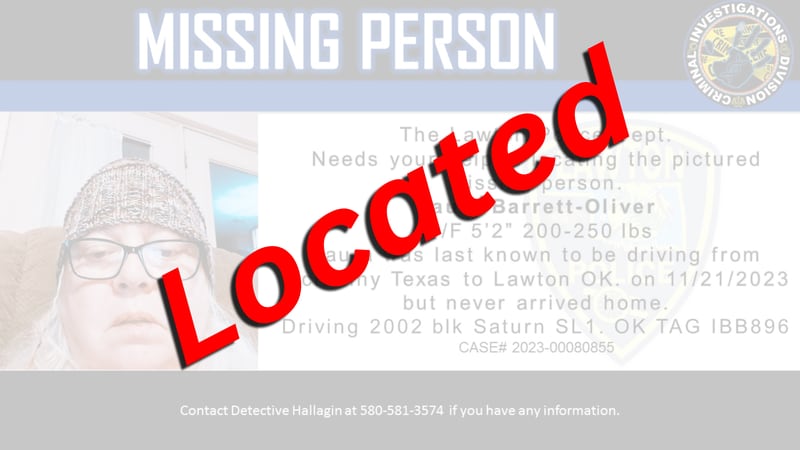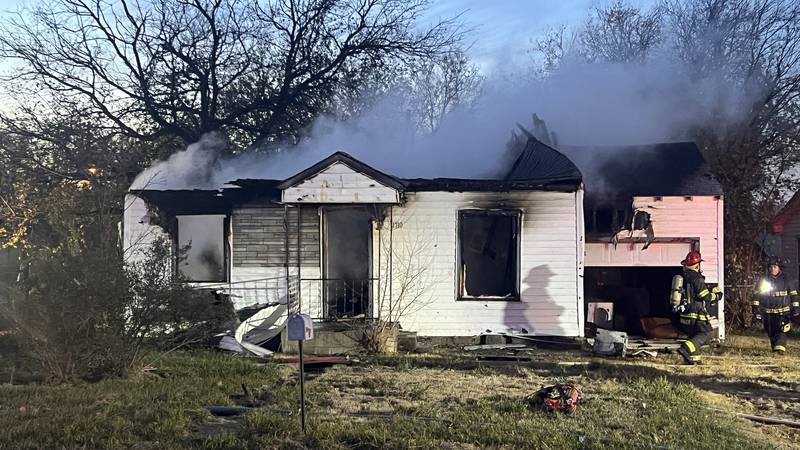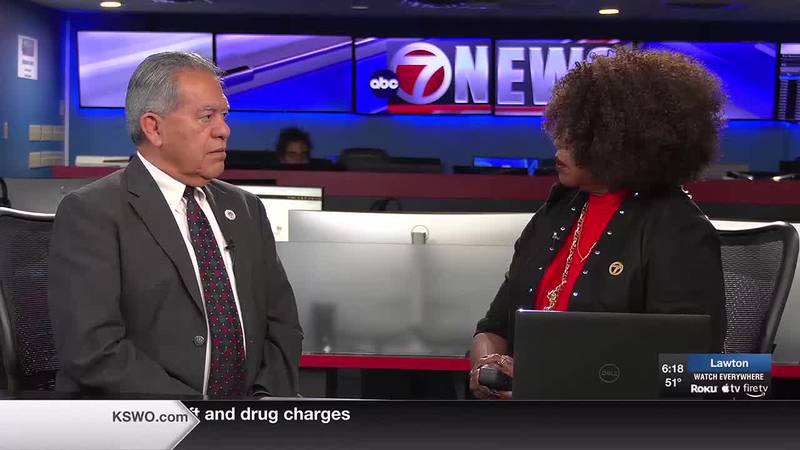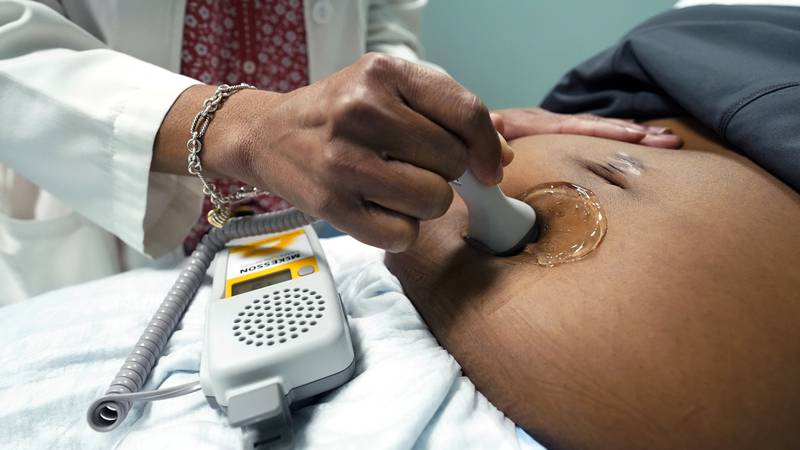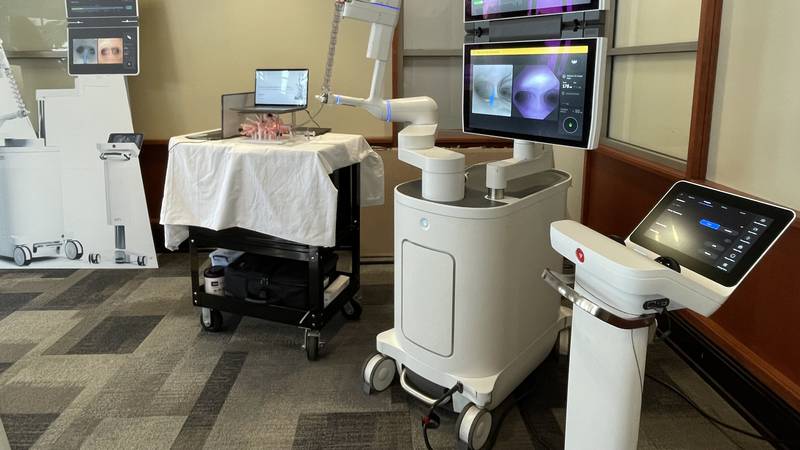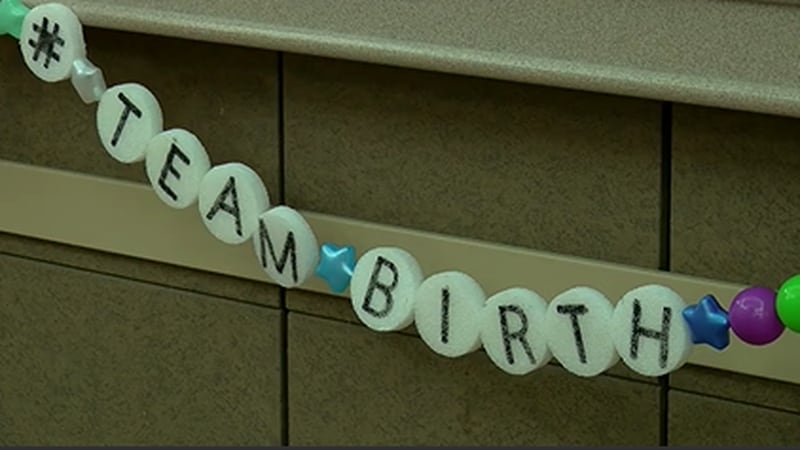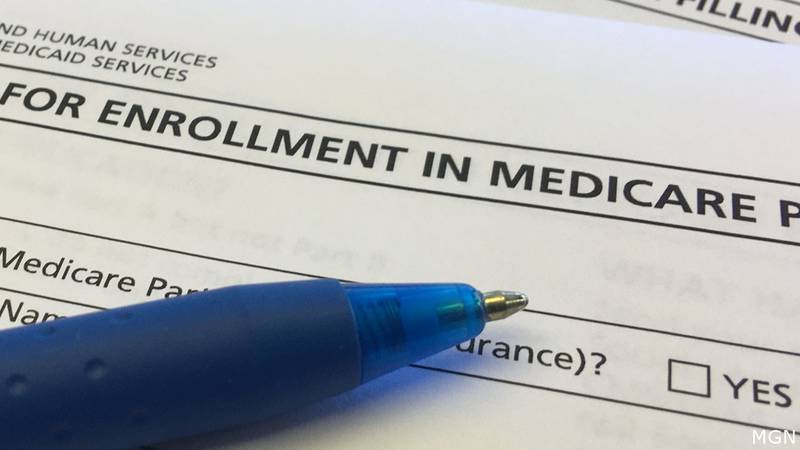Medwatch: Black health disparities and HIV
LAWTON, Okla. (KSWO) - When it comes to the black community, the discussion on health disparities is not a new one.
According to the world health organization, 39 million people live with HIV, and about 13 percent of them don’t know it and need to be tested.
HIV kills immune system cells that help the body fight infections and diseases. The immune system becomes weak when it cannot make enough CD4 cells to fight HIV.
Unfortunately, it continues to have a disproportionate impact on certain populations, particularly racial and ethnic minorities like the black and Hispanic community. The most impacted are black women and gay or bisexual men.
A recent time magazine article revealed that the U.S. HIV rate is dropping, but that statement is somewhat misleading.
“While the country is seeing overall decreases in both new cases and in the amount of people who have access that are eligible for pre exposure prophylaxis, or what we call prep. it is such a disparity amongst black and Hispanic people. and so reading that report. basically just let us know that if we’re not going to do anything about it then who’s going to do something about it?” said pharmacist Tamara McCants.
That’s why the National Pharmaceutical Association (NPHA) Foundation paired with the The Student National Pharmaceutical Association (SNPA) are preparing a “Prepped and Amped Tour” geared at fighting against the epidemic.
The tour is geared towards anyone who is sexually active and will be happening on the evening of October 11th at 7:30CST.
It will educate participants on how to get tested, how to access PREP, and educates on what exactly pharmacists do throughout the entire process.
“People don’t know what the pharmacists do, i hope people realize that pharmacists are the reason why we were able to get out of the covid-19 pandemic. so just like how we were able to assist in the end of the pandemic, we are able to be the answer any health disparity in our community,” said McCants.
So what do you do if you suspect you could be at risk for HIV?
1. Assess your risk.
2. Talk to your pharmacist about whether the prescription drug prep is suitable for you.
3. If it is suitable, get your prescription, then get counseling on side effects and schedule check ups.
For more information you can go to preppedandamptedtour.com
Copyright 2023 KSWO. All rights reserved.
